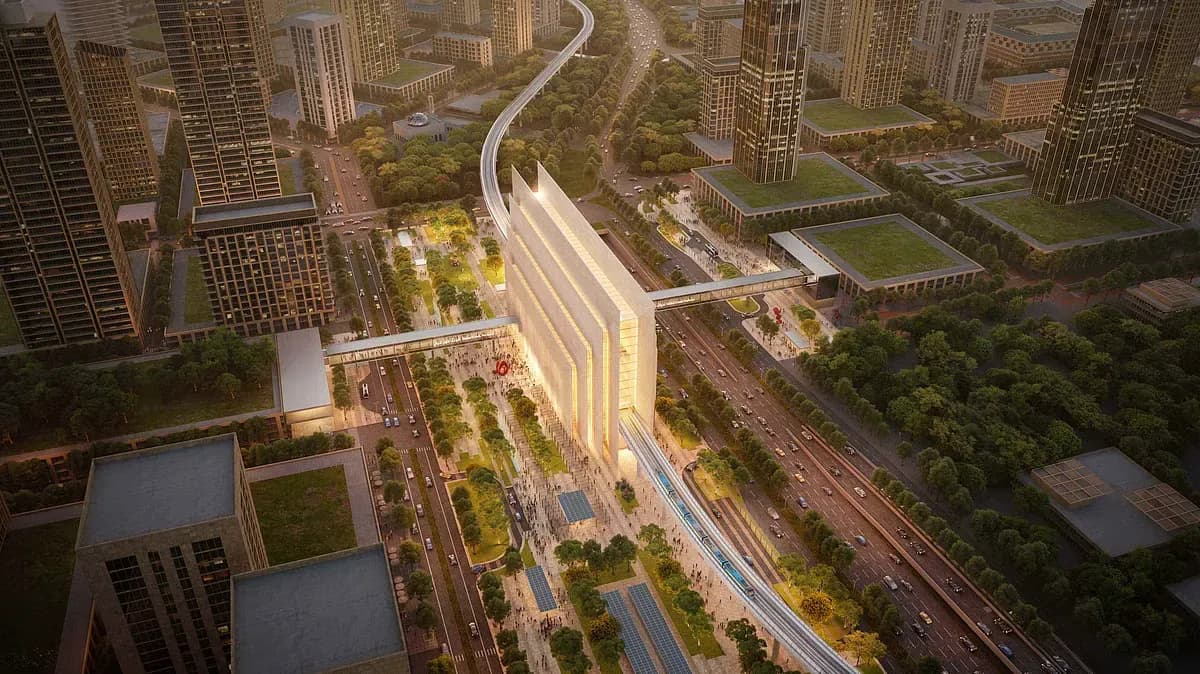Cairo, Egypt – 29 July 2025 - In a region often defined by water scarcity and rising food imports, Egypt is embarking on one of its most ambitious infrastructure projects to date, the New Delta Project. At the heart of this multi-billion-dollar initiative is the construction of what is being called the world’s largest man-made river, a bold effort to transform vast stretches of desert into fertile farmland.
A River Through the Desert
Launched in 2021, the New Delta Project aims to reclaim over 2.2 million feddans (about 9,240 km²) in Egypt’s Western Desert, creating a new agricultural zone west of the Nile. The centerpiece of the initiative is a 114-kilometre artificial river, engineered to carry water from a combination of treated agricultural drainage, groundwater, and Nile water via advanced pumping stations, pipelines, and canals.
The total estimated cost of the project stands at $5.2 billion, making it not only Egypt’s largest agricultural development to date but also one of the biggest land reclamation efforts in the world.
Food Security, Jobs, and Economic Impact
President Abdel Fattah El-Sisi has championed the project as critical to Egypt’s food security, employment, and long-term stability. With the country currently importing nearly 65% of its food, the New Delta aims to reduce that dependency by significantly increasing domestic production.
The project is also expected to generate thousands of jobs, support new rural settlements, and strengthen Egypt’s infrastructure resilience amid global supply chain disruptions and climate-related challenges.
Slow Progress, Big Questions
Despite the visionary goals, progress has been measured. As of mid-2024, only around 20% of the targeted land area has been reclaimed. Reports suggest logistical complexity, high costs, and water sustainability concerns have contributed to delays.
Environmental experts have raised flags about the reliance on non-renewable fossil groundwater, which could create future strain in a country already facing an annual water deficit of over 7 billion cubic meters. Egypt’s per capita water share is now below the UN-defined scarcity threshold of 1,000 m³/year.
Real Estate and Development Opportunities
Beyond agriculture, the New Delta Project is expected to spur real estate development, especially near the newly reclaimed areas and logistics corridors. New towns, agricultural villages, and infrastructure nodes are being planned to support the growing population and workforce.
For investors, developers, and regional planners, this project represents a new frontier of land value, one that merges infrastructure, sustainability, and national strategy in a single, massive undertaking.
The success of the New Delta will depend on effective water management, continued government investment, and public-private partnerships to scale infrastructure and support services.
If it succeeds, the project could reshape Egypt’s future, not just in terms of land use but as a model for sustainable development in water-stressed regions around the world.




